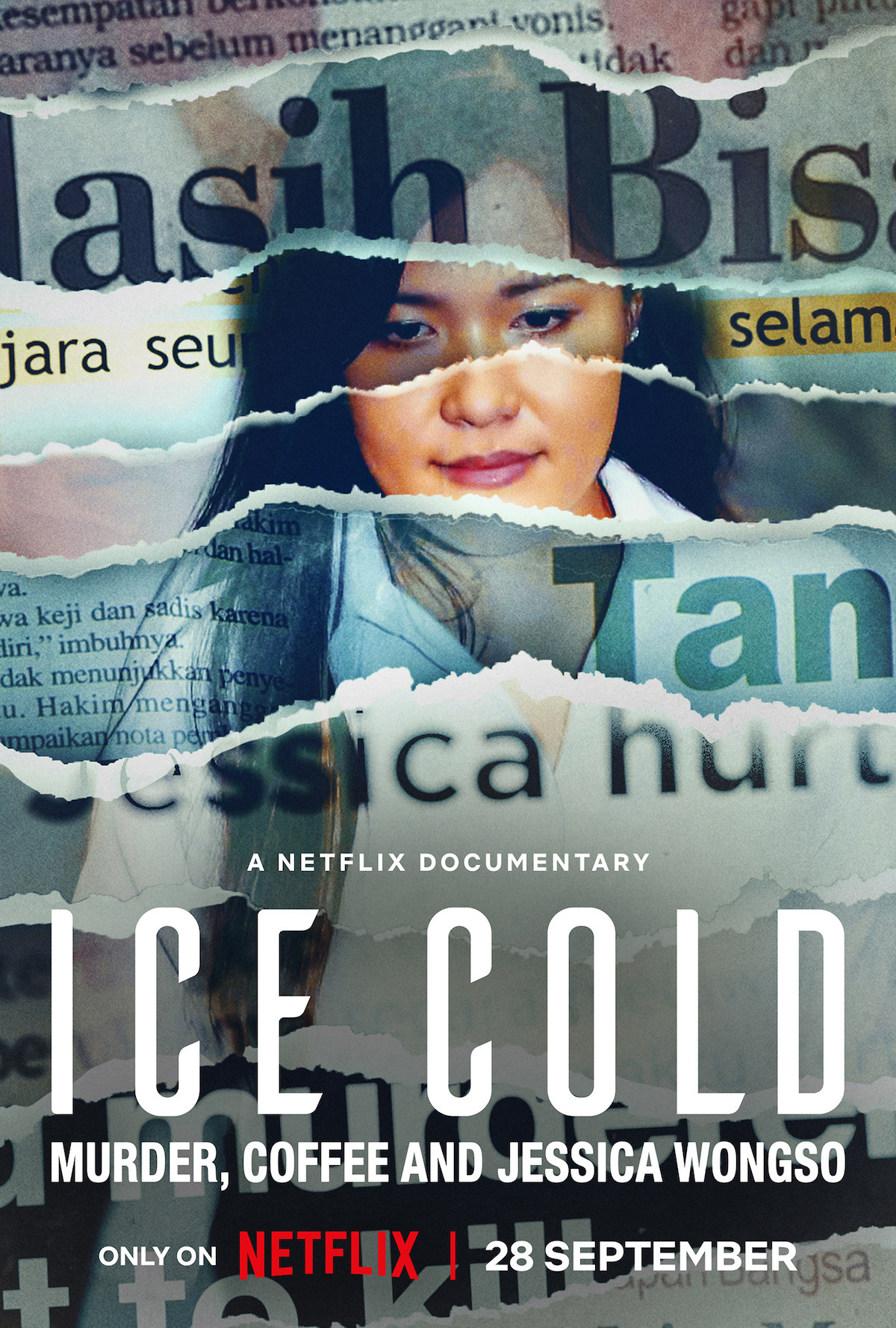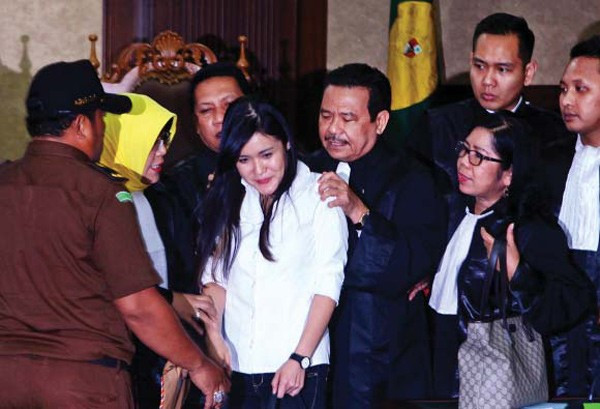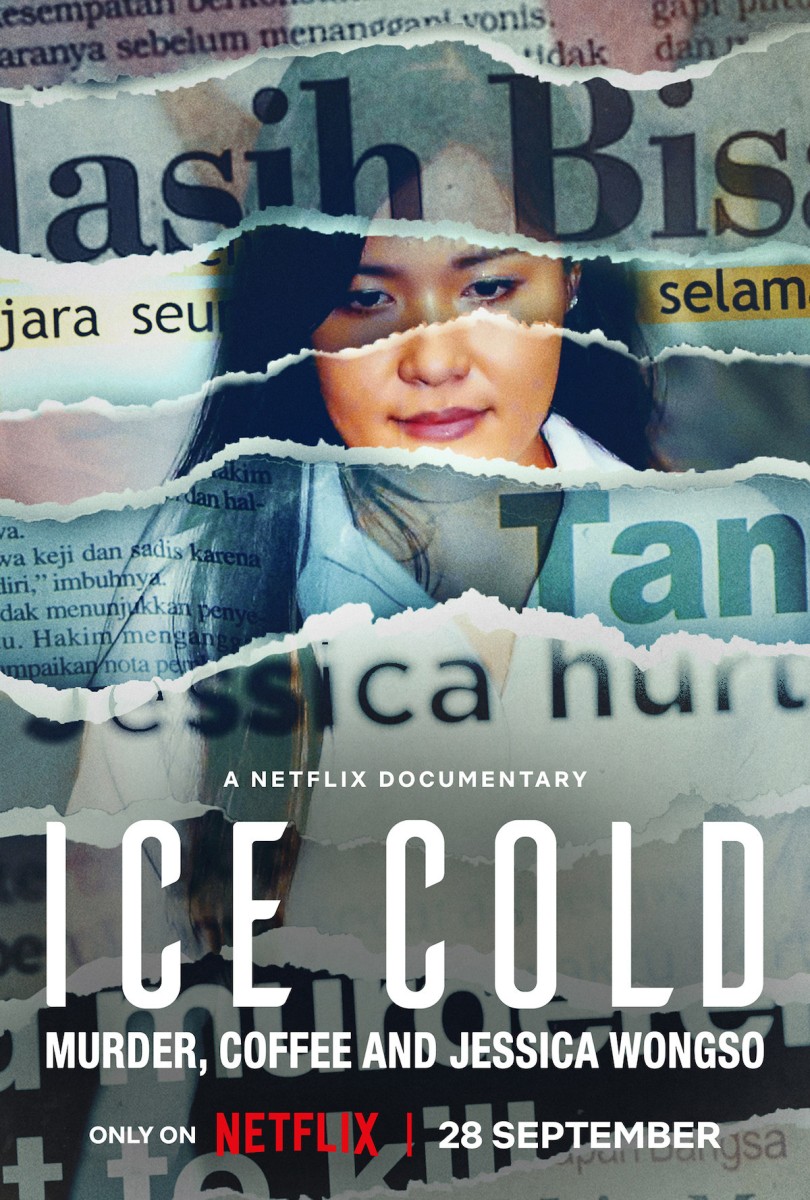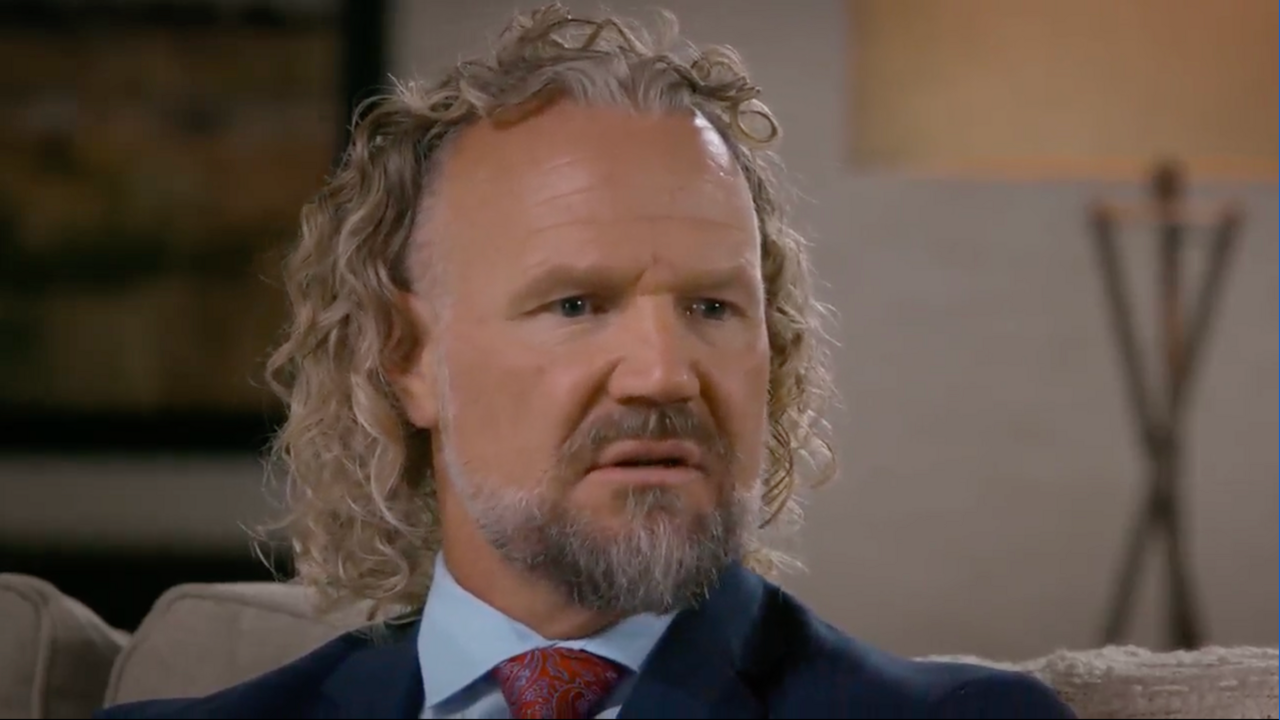
A new Netflix documentary about the controversial “cyanide coffee case” sheds light on Indonesia’s current legal system but does not share any new information regarding the murder of Wayan Mirna Salihin.
“I have so many new questions after watching this documentary,” Yuris (@yuristianaa) posted on the social media platform X, formerly called Twitter, on Sept. 29. Yuris was referring to “Ice Cold: Murder, Coffee and Jessica Wongso,” the first documentary that streaming service Netflix produced in Indonesia, directed by Rob Sixsmith. The documentary focuses on the sensational case of Jessica Kumala Wongso, an Indonesian living in Australia who was sentenced to 20 years in prison for the premeditated murder of her friend Wayan Mirna Salihin at a coffee shop in 2016.
The controversial trial prompted several documentaries as well as public speculation, but the new Netflix documentary, released on Sept. 28, has sparked new interest and debate among the public as it has portrayed the case in a different light seven years later. Widely referred to as the “cyanide coffee case” because of Mirna’s possible cause of death, the incident created a months-long media circus and drew millions of viewers on national television. “There has never been a similar case [in Indonesia] that has attracted as much public attention as this one,” Hardly Stefano, commissioner of the Indonesian Broadcasting Commission (KPI), says in the documentary. Because the case fell under extreme public scrutiny in Indonesia and neighboring countries, Stefano likened it to O. J. Simpson’s trial for the murder of his ex-wife in the United States. But unlike O. J., Jessica was neither famous nor a public figure prior to committing murder. “I just couldn’t understand why this happened to me,” Jessica said in a Zoom meeting in January 2022 from the Pondok Bambu women’s prison in East Jakarta. Compiled with new and original interviews, the documentary considers Jessica’s opinion for the first time since her imprisonment. “It’s been really difficult, it’s just really hard to stay sane every day,” she said, adding that the media frenzy was “traumatic” for her. Jessica, known as “the smiling coffee killer” for her unrelenting smile, said the judges’ decision might have been different if public attention had not been so intense at the time. But her interview was cut short by a prison guard because it had “gone too far.” In response to this scene, the Law and Human Rights Ministry’s Corrections Directorate General spokesperson Rika Aprianti said that the interview violated the permit regulations. “The interview did not relate to the prisoner’s human development intent as required in the Law and Human Rights Ministerial Regulation.”
Evidence Reconstructed
“Ice Cold” presents various sources to reconstruct the case’s timeline, including witnesses and prosecutors integral in the trial, as well as friends and family of Jessica and Mirna. But what sets this documentary apart from others is its supportive inclusion of Jessica’s arguments, which had previously been overshadowed by the public’s perception of her as the “crazy lady,” as a street food seller puts it in the documentary. “There was a ton of confusing and sensational chatter at the time,” Mirna’s twin, Sandy Salihin, says in the film. Every ounce of Jessica and Mirna’s backgrounds and personal lives were spun into speculation by the millions following the case. Most people assumed that Jessica’s motive was rooted in the rift in their friendship that started when Mirna criticized Jessica’s then-boyfriend. The film also depicts almost the entire chronology of the trial in the Central Jakarta District Court, which lasted from June 15 to Oct. 27, 2016. It follows the court drama and shows how some scientific evidence, like the differing doses of cyanide found in the coffee and Mirna’s body, led experts to draw different conclusions. The fact that Mirna’s family did not allow her body to be autopsied further added to the confusion. The film also highlights how Jessica was the victim of negative profiling in court because of her mannerisms. “If she wasn’t guilty, she would’ve been crying [in the courthouse],” Mirna’s father Edi Darmawan Salihin says in the documentary.

Adythia Utama, a Jakarta-based documentary filmmaker, assessed that the documentary itself is quite neutral in its presentation. Facts supporting the argument that Jessica is guilty, like her 14 criminal offenses in Australia, are still shown in the latter half of the film. “Every documentary has an angle, and chances of bias always exist,” Adythia said to the Post on Thursday. “But I think, at the end, Ice Cold wants to expose the ways in which Indonesia’s judicial system is flawed,” he added.



